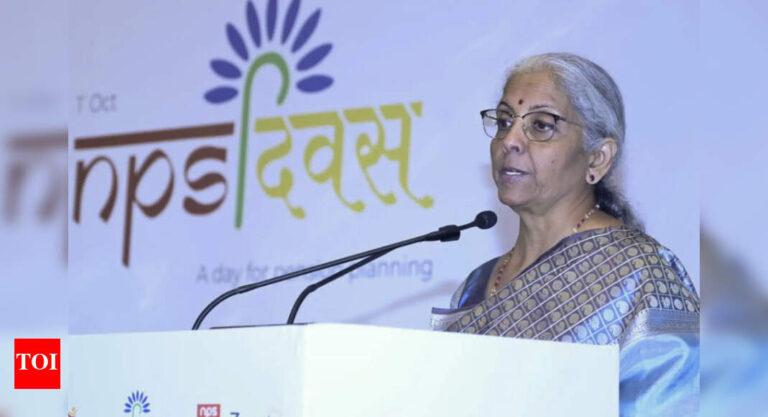
AHMEDABAD: The Gujarat high court has said that even a single adverse remark in a judge’s service record, or any doubt about their integrity, may be sufficient grounds for compulsory retirement. It also clarified that issuing a show-cause notice was not necessary, as compulsory retirement in the public interest does not amount to punishment.A bench of Justice A S Supehia and Justice L S Pirzada stated in its order, “A single uncommunicated adverse remark in the entire service record, or a doubtful integrity, is enough to retire a judicial officer compulsorily in the public interest. Any promotion or grant of a higher pay scale/selection grade cannot affect the order of compulsory retirement.”The case involved ad-hoc sessions judge J K Acharya, who was compulsorily retired along with 17 other sessions judges in Nov 2016. At the time, it was the HC’s policy to evaluate judges at the ages of 50 and 55, retiring those whose performance was not found satisfactory. Acharya challenged the HC’s decision, as well as the actions of the state govt and the governor in implementing it.The division bench dismissed the retired judge’s contentions and held, “An order of compulsory/premature retirement in the public interest or in the interest of administration is not a punishment. The compliance of principles of natural justice is not necessary; hence, the requirement of issuance of a show-cause notice before premature retirement is not necessary.”The court upheld the HC full court’s decision, which reflected the “collective wisdom of all the judges,” to compulsorily retire a judicial officer in the public interest after assessing the officer’s general reputation, even without tangible material against them.The order further noted,”The satisfaction and recommendation of the administrative committee, standing committee, and full court of the high court cannot be interfered with unless tainted by patent illegality, breach of procedure causing prejudice to the judicial officer, or a grossly disproportionate measure.”Citing a Supreme Court ruling, the HC underlined the high ethical standards expected from judges: “Any judicial officer, whose conduct, reputation, or behaviour is found impinging upon these standards, can either face disciplinary proceedings or be compulsorily retired in the public interest, depending on the extent of the breach.”Last year too, a division bench had upheld the principle of compulsory retirement for non-performing or underperforming judges.







